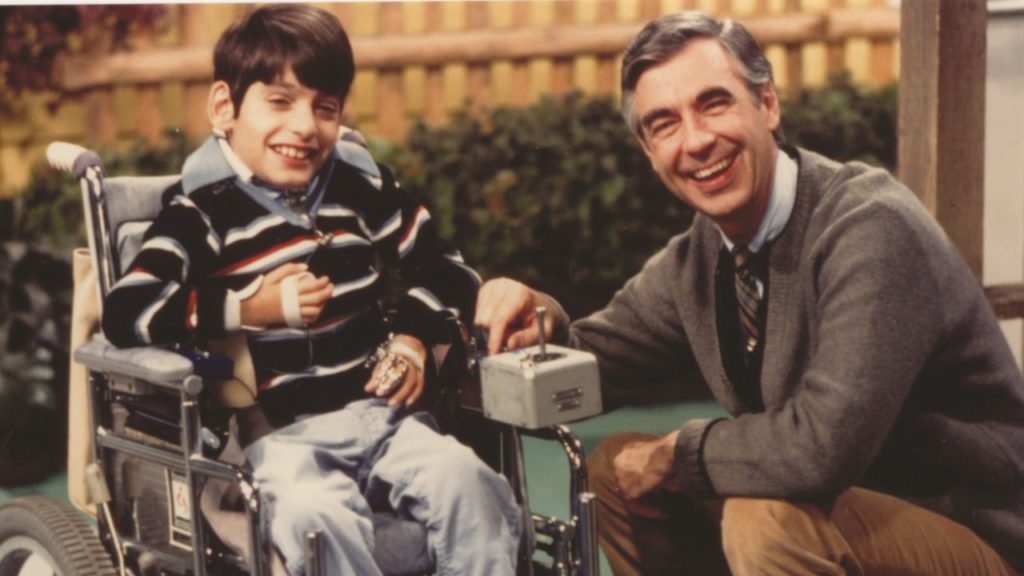I’m a married Christian man who still doesn’t know his love language. Shocking, I know. Yes, I’ve taken the test, but I never felt it truly helped me understand how I receive or express love.
But the other night I had an epiphany. For a few days, I had been wanting my wife to read chapter five of Henri Nouwen’s “Reaching Out.” It’s a beautiful piece on the topic of relationships, and I knew she would enjoy it. However, after a long day with two toddlers, she told me she didn’t have the energy for reading. The audacity.
Her response irritated me. But why? Why did I care so much if she read this chapter? I went about my tasks and mused (still irritated) upon the unknown source of this frustration.
I soon realized I was frustrated because I wanted to share something meaningful to me, but it wasn’t being received in the manner I had anticipated. I didn’t feel listened to. I don’t necessarily mean “listened to” within a conversation (although that’s nice too). I mean when someone takes the time to share in the things that matter to me and make me who I am. As Nouwen said,
Listening is much more than allowing another to talk while waiting for a chance to respond. Listening is paying full attention to others and welcoming them into our very beings. The beauty of listening is that those who are listened to start feeling accepted, start taking our words more seriously and discovering their true selves.
I thought further and realized that I’ve felt the most loved when I feel listened to. It wasn’t the moments when someone spoke one specific love language to me that were special, it was the moments when any love language was spoken to me after a person took the time to listen and respond to who I am or what I was going through at the moment.
Listening, it seems to me, is a kind of pre-love language. While “The 5 Love Languages” may be a helpful tool, even if you have two people with the same love language, those two people are often still vastly different from one another. To show someone we love them, we must first listen to who they are. Only then can we respond to them in a way that is specifically meaningful to them.
When I excitedly told my wife about my realization, she lovingly told me that I could work on doing that better myself. She was correct, because while I wasn’t feeling listened to, I was also being selfish and failing to listen to her needs.
Mister Rogers listened
All of this reminded me of a quote I had read a few days earlier from beloved children’s TV show host Fred Rogers:
More and more I’ve come to understand that listening is one of the most important things we can do for one another. Whether the other be an adult or a child, our engagement in listening to who that person is can often be our greatest gift. Whether that person is speaking or playing or dancing, building or singing or painting, if we care, we can listen.
Do you remember how the late Mister Rogers interacted with people? He listened to them. Not simply conversational listening, but something much deeper. Mister Rogers knew how to listen to the innermost part of people, the part that isn’t always heard through words. With this skill, he made people feel like they were the most important person to him — even through a television screen. He made them feel special. He made them feel loved.
It should be no surprise that Mister Rogers has regained popularity in the past few years. In a world of distraction, we long for someone who will give us their full attention. In a world of comparison, we long for someone to appreciate our uniqueness. In a world of loneliness, we long to know we matter. Mister Rogers did these things wonderfully by listening to who a person was.
If you are planning on seeing the just-released “A Beautiful Day in the Neighborhood,” pay attention to how Mister Rogers (played by Tom Hanks) listens to people and how it affects them. And if you haven’t yet, watch the beautiful documentary “Won’t You Be My Neighbor?” (and be ready to ugly cry).
In the meantime, think for a moment about the times you have felt the most loved. It may be that it was when people were speaking your love language. That’s wonderful! But I’d be willing to bet it more likely was when someone listened and responded to who you are.
Don’t just hear — listen
I recently had a conversation with someone who clearly was not interested in listening to me. Sure, they heard and responded to the words that came out of my mouth, but they were not interested in what I was saying. Once again, I found myself irritated. I wonder how often I do that to others.
On the other hand, a few days ago I had the opportunity to shadow chaplains in a hospital and make some patient visits of my own. It’s amazing what less than ten minutes can do when you give someone the space to share their true self with you.
Listening matters. If we all take the time and learn to be better at listening to who a person truly is rather than relying on test results or our flawed assumptions, I think we can bring a lot of love to people’s lives.
Copyright 2019 Focus on the Family. All rights reserved.











